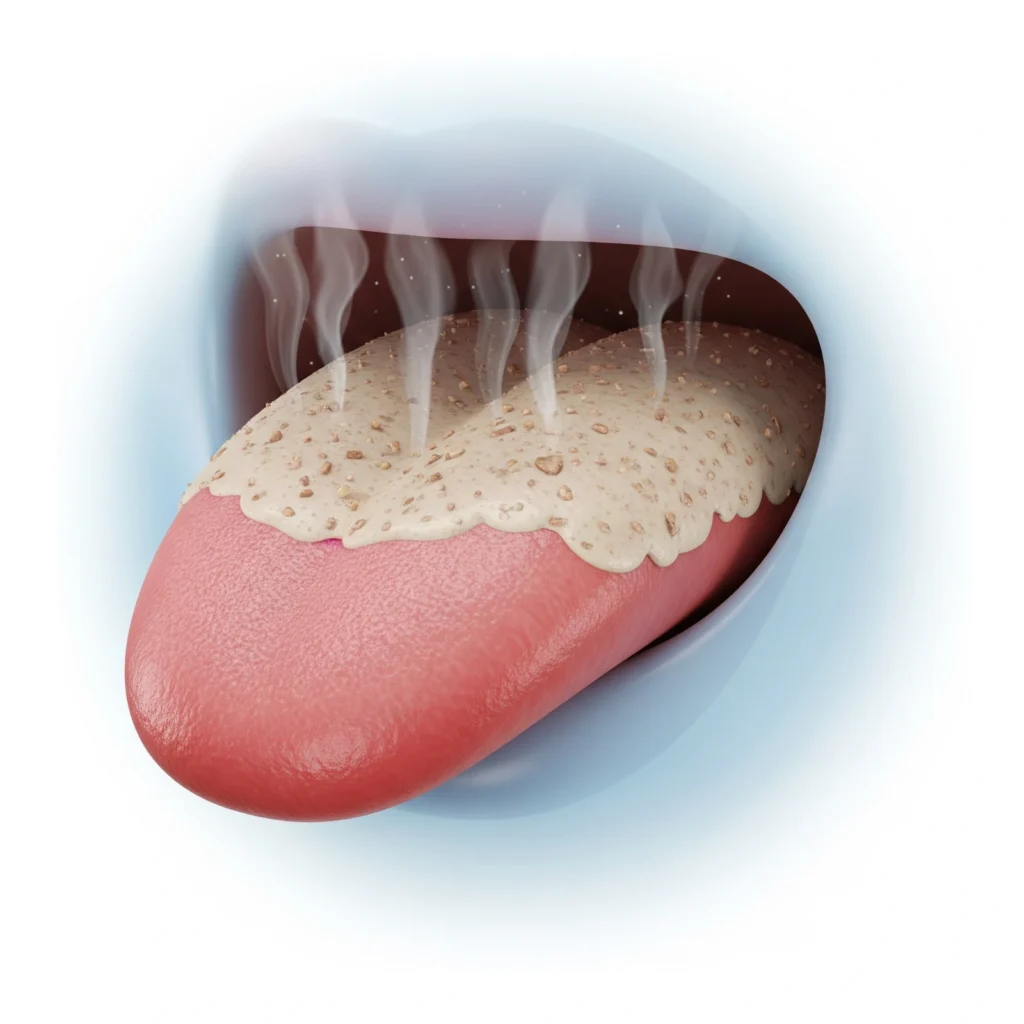Halitosis, commonly referred to as bad breath, is a widespread yet often misunderstood condition. It affects millions of people across the globe and can deeply impact both personal confidence and social interactions. Fortunately, it is manageable and, in many cases, preventable with the right approach.
Although halitosis can occasionally result from dietary choices or temporary dryness in the mouth, persistent bad breath is usually linked to deeper oral health or medical issues. Understanding its root causes is the first step to achieving long-lasting fresh breath and a healthier smile.
Halitosis is typically caused by bacterial buildup in the mouth, particularly on the tongue, gums, and teeth. These bacteria break down food particles and release sulfur compounds, which are primarily responsible for the foul odor.
A few major causes of halitosis include:
Even though brushing and flossing daily helps, neglecting tongue cleaning or avoiding regular dental checkups can lead to persistent halitosis.Certain health problems like acid reflux, diabetes, or sinus issues can also lead to persistent problems with oral odor.
Moreover, dehydration often reduces saliva production, making it easier for odor-causing bacteria to multiply. Therefore, drinking enough water is essential to maintaining oral freshness.

Identifying the signs at an early stage can make managing halitosis much more successful. While the most obvious sign is a constant unpleasant odor from the mouth, there are other indicators as well:
Since individuals often cannot detect their own bad breath, it’s helpful to ask someone you trust or consult a dentist if you suspect chronic halitosis. Temporary bad breath especially after consuming spicy foods is normal, but if it persists, it may be time to investigate the cause.
Persistent halitosis can be an early warning sign of gum disease or dental cavities, which require prompt attention. When plaque accumulates along the gumline, it creates an ideal environment for harmful bacteria. These bacteria produce toxins that not only damage gum tissue but also emit a strong, unpleasant odor.
Likewise, untreated cavities can trap food particles and allow bacteria to flourish deep inside the tooth structure. This results in a decaying smell that brushing alone cannot eliminate.
That’s why consistent oral care and routine dental checkups are highly important. Treating gum disease or tooth decay early helps not only your breath but also your long-term oral health.
Treating halitosis starts with identifying the root cause. If the odor originates in the mouth, improving daily hygiene habits often makes a significant difference.
Recommended treatments for halitosis include:
In cases linked to gum disease, professional cleaning or periodontal treatment may be necessary. If a possible medical condition is noticed, your dentist might direct you to a doctor for additional assessment.
While breath fresheners or chewing gum can provide temporary relief, they do not address the root problem. That’s why long-term halitosis must be treated holistically.
You can prevent halitosis by incorporating several simple and effective lifestyle changes into your routine. These habits support good oral hygiene and reduce the chances of bad breath returning.
Making these positive choices daily leads to fresher breath and improved oral health. Not only that, but these habits also support better digestion and overall wellness.
While minor cases of halitosis usually improve with better hygiene, persistent bad breath lasting more than a week warrants professional attention. Dentists are trained to identify both dental and non-dental causes and can provide specific treatment recommendations.
You should consult a dentist if:
Early intervention not only improves your breath but also helps prevent more serious oral health conditions down the road.
Halitosis may be a common condition, but it should never be ignored. From poor oral hygiene to underlying health issues, multiple factors can contribute to persistent bad breath. Thankfully, proper care and attention can make it completely controllable.
By practicing good dental habits, staying hydrated, eating healthy, and seeking professional care when needed, you can maintain a fresh and confident smile. More importantly, treating the root causes ensures your breath stays clean and your oral health remains strong for years to come.
Halitosis is often due to oral hygiene issues, but in some cases, it can signal medical problems like diabetes or acid reflux.
Yes. Poor brushing, dry mouth, or mouth-breathing during sleep can cause bad breath in children.
Lick your wrist, let it dry for a few seconds, and smell it. You can also check by asking a trusted person or visiting your dentist.
Absolutely. Staying hydrated boosts saliva production, which naturally washes away bacteria and food particles.
Crunchy fruits and leafy greens, like apples and spinach, help cleanse the mouth and neutralize odors.
Hyderabad : +91 6305 971445
Anantapur: +91 70758 90089
Goa: +91 83266 32500
Mon to Sat 10:00AM to 8:00PM
Sun 10:00AM to 12:00PM

Our goal is to provide friendly, caring dentistry with the highest standards in general, cosmetic, and specialist treatments. We strive to be the best dental hospital for comprehensive oral care.
We use advanced dental technology to deliver safe, precise, and painless treatments for every patient.